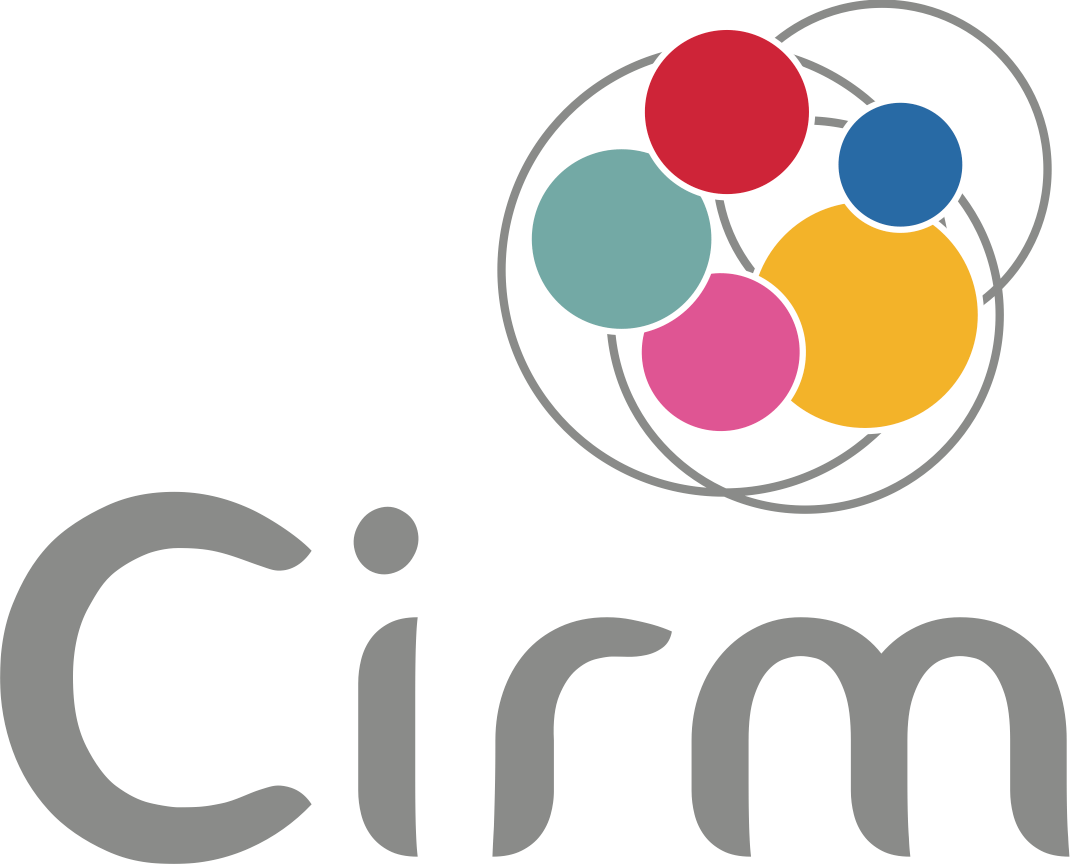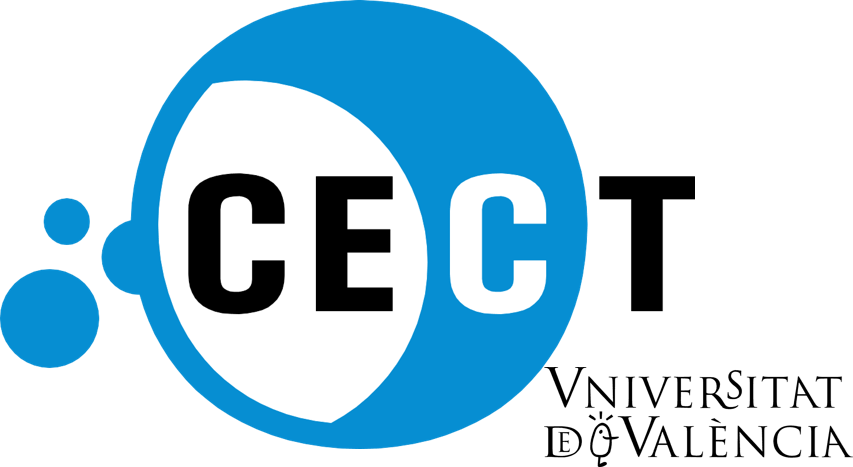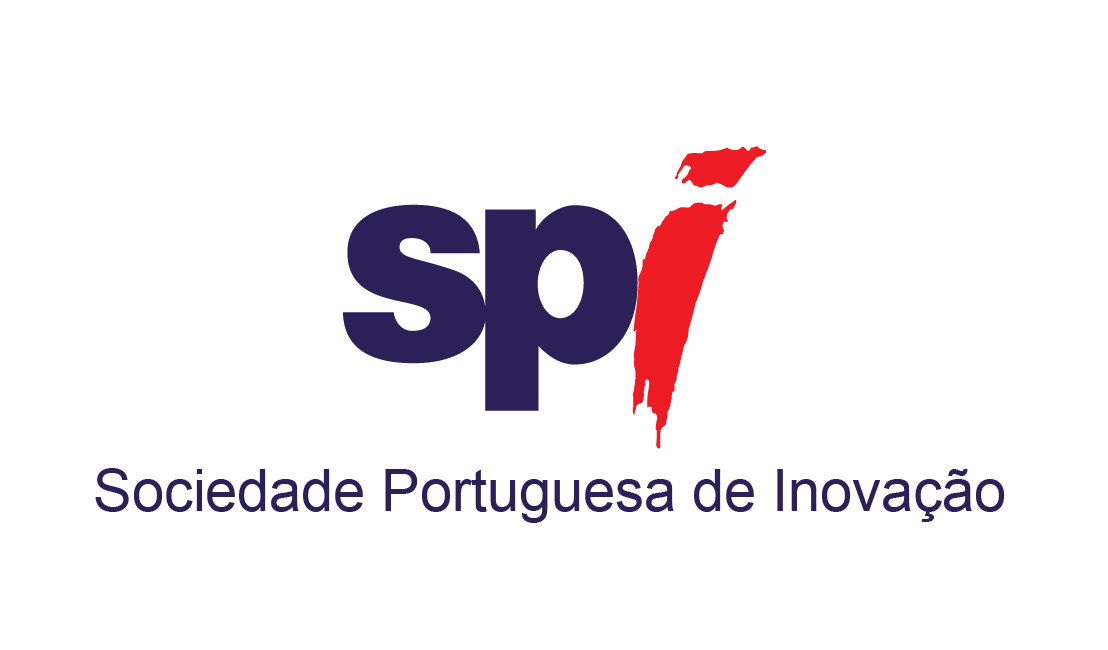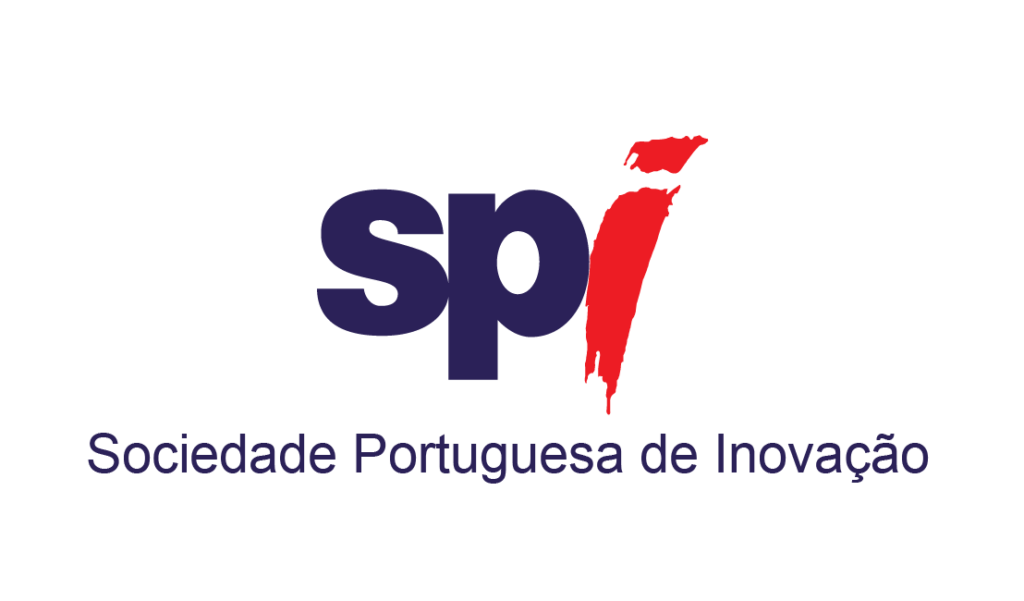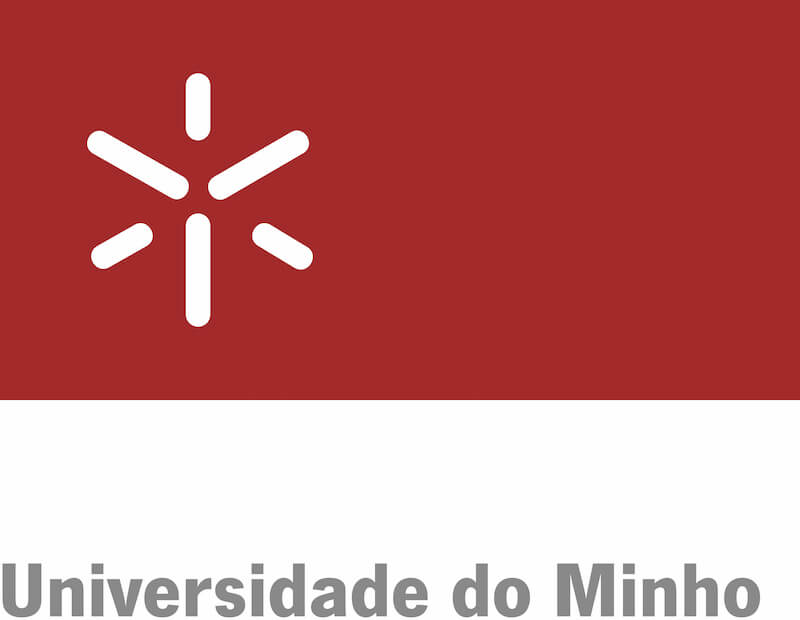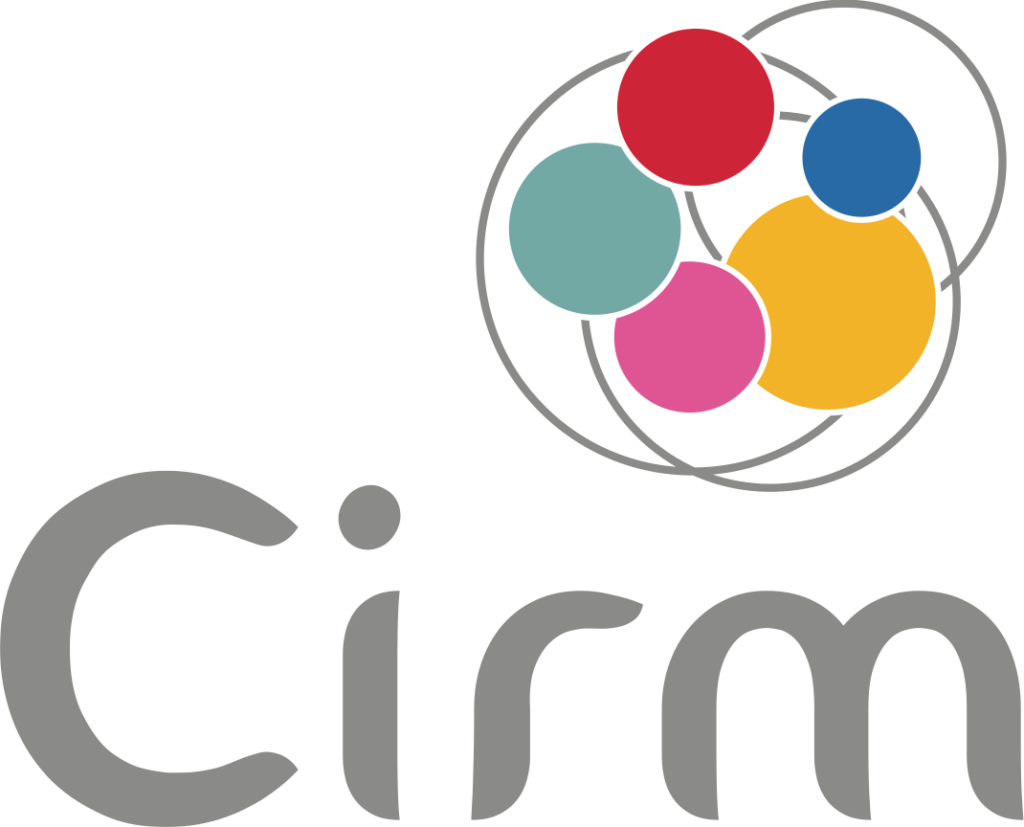
Website: inra.fr/cirm_eng
The French research institute, Institut National de la Recherche Agronomique (INRA), is Europe’s top agricultural research institute and the world’s second centre for the agricultural sciences. Research in INRA is dedicated to food, nutrition, agriculture and the environment. INRA employs over 12000 people and has an annual budget of over 880 M€ for running 250 laboratories dispatched in 17 research centres in France, mainland and overseas. It focuses on competitiveness, regional land use, health, sustainable development and bioeconomy.
Centre International de Ressources Microbiennes (CIRM) is a unique network of five Biological Research Centres (BRCs) run by INRA that holds over 22000 strains. CIRM was created in 2004 to deal with the large number of microorganism collections of INRA spread in the different INRA research centres. The five BRCs constituting CIRM are located in five sites in France: Rennes, Angers, Tours, Jouy-en-Josas/Montpellier and Marseille. With an annual operating cost of 2.4 M €, CIRM holdings display a large intra-specific diversity within the species interest, making possible population genetics and genomics. The CIRM BRCs are embedded in research units of INRA, thus, with facilitated access to a large number of equipment, analytical platforms and expertise. CIRM is the pillar of the Research Infrastructure “Resources for agronomical research” (RARe), which is on the French roadmap.

